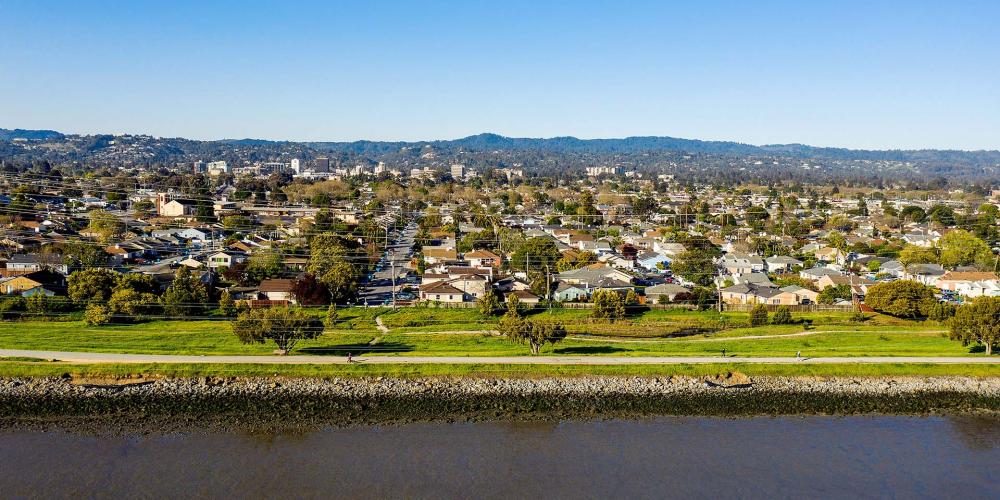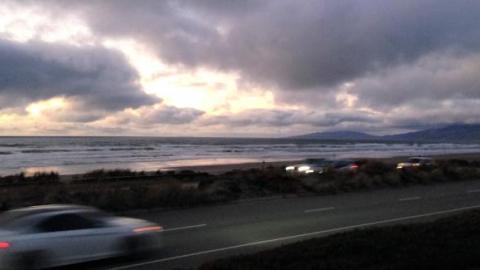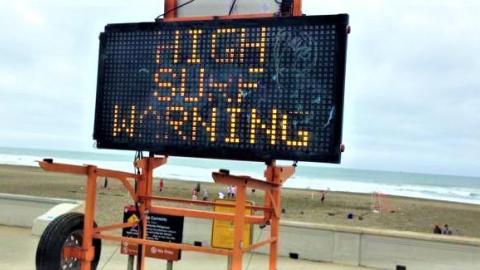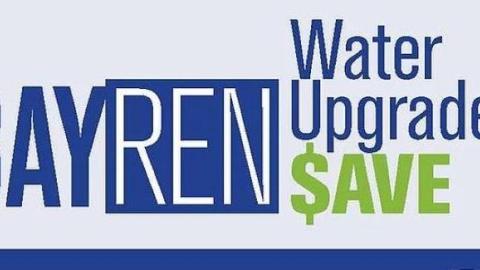
On Tuesday, July 11, MTC and the Association of Bay Area Governments (ABAG), in partnership with the San Francisco Bay Conservation and Development Commission (BCDC), released the Sea Level Rise Adaptation Funding and Investment Framework Report.
This report summarizes the final findings of the Sea Level Rise Adaptation Funding and Investment Framework project, which highlights the substantial gap between the amount of funding needed and the amount anticipated to be available to adapt the Bay Area to sea level rise through 2050. The report calculates that some $110 billion will be needed, while only about 4.5% of that amount, $5 billion, is expected to be available.
The report lays a foundation for future funding discussions, recognizing that sea level rise adaptation in the Bay Area will require a mix of federal, state, regional and local revenues to tackle this significant challenge. The report builds upon previous regional efforts, including the Bay Adapt Joint Platform, a consensus-based strategy for how to protect people and the natural and built environment from rising sea levels, and Plan Bay Area 2050, the Bay Area’s regional long-range plan, while integrating the latest available data.
As part of the study’s completion, the Sea Level Rise Adaptation Funding and Investment Framework also recently released complementary resources including:
- The interactive map and Shoreline Project Inventory
- A Technical Methodology Report, which summarizes framework assumptions and methodologies
- Estimating Activity Archetype Costs Spreadsheet, a resource of the full activity archetype cost assumptions
- Existing Revenue Sources Spreadsheet, a resource of the full existing revenue sources identified, and the assumptions used in the analysis
The study area encompasses all nine Bay Area counties, including the shorelines of the San Francisco Bay, the California Outer Coast and the Sacramento-San Joaquin Delta. Outputs of the framework will also be integrated into upcoming regional planning efforts, including MTC/ABAG’s Plan Bay Area 2050+, and BCDC’s Regional Shoreline Adaptation Plan. Visit the Sea Level Rise Adaptation Funding and Investment Framework web page for more information about the project and relevant resources.



Submit your comment
In order to receive a reply to your comment, please provide an email address.